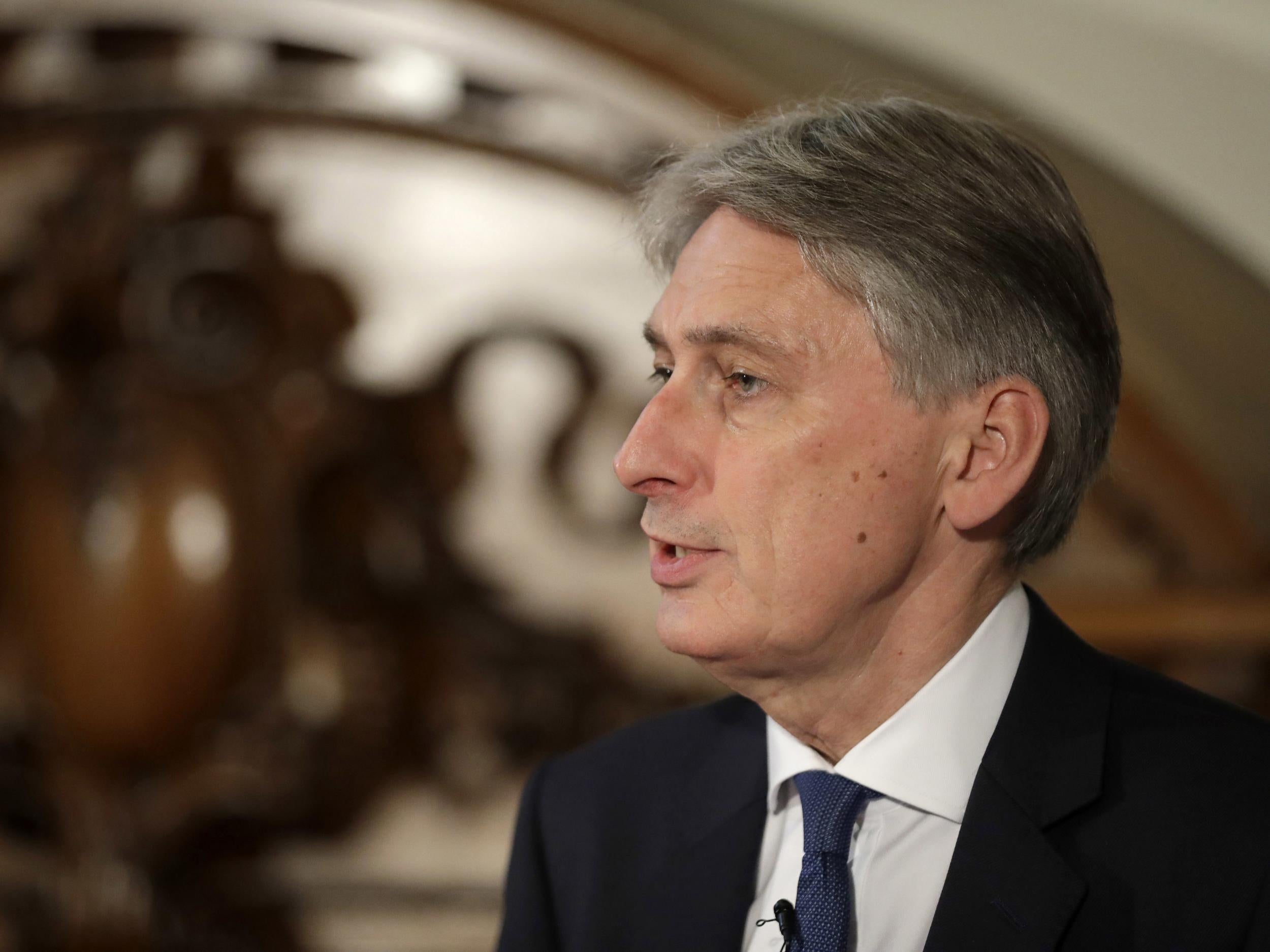Five things to look out for in economics this week
There is a good rule when looking at successive budgets that you should focus on the numbers, not on the words


It is Budget week, for on Wednesday Chancellor Philip Hammond, gives the first of the new November budgets that are to replace the traditional spring Budget. The idea is to get away from the political theatre of the mid-March Budget, which took place only three weeks before the end of the financial year, and make the management of the country’s finances a rational, calmer process.
As it has turned out this budget remains as political as ever for two reasons. One is that the Chancellor’s position is extremely fragile. Were the Prime Minister stronger she would have sacked him by now. The other is Brexit, which confuses everything, including the country’s finances. So what to look for? Here are my top five.
First, start with the economic forecast from the Office for Budget Responsibility. I know it is technically not part of the Budget itself but it is crucial background to it. The OBR makes its forecast, and the Treasury does the Budget sums. Then the two go backwards and forwards to make sure that the two are consistent with each other.
In the forecast, start with growth for next year. Beyond that, who knows, for the uncertainties are very large. Remember that last year the Treasury forecast that the UK would be recession now were the country to vote for Brexit. The OBR is not politicised, so we can expect an honest outlook even if it turns out to be wrong. Expect growth for 2018 to be forecast between 1.5 per cent and 2 per cent. Anything outside that range would be a shock. Other thoughts about inflation (have we just passed the peak?) and unemployment (still down?) are also worth looking out for.
In the Budget itself, start with the big numbers for the deficit. There is a good rule when looking at successive budgets that you should focus on the numbers, not on the words. When looking at the deficit outlook, look at the general profile of fiscal consolidation. One or even two years of slippage don’t matter, as long as the general direction is clear. Revenues have not been bad up to now. Are they expected to hold up in the future? And given the huge pressures on public finances generally, is the Government still sticking to the idea that finances should be pretty close to balanced by the end of the Parliament?

Within the detail of there have been three flagged areas: housing, VAT and pensions. On housing, again look at the numbers, and not the 300,000 target for new homes. The number that matters is how much the Government itself is allocating and how this is being deployed. On VAT, maybe the bottom limit that people can earn without having to register will be dropped from its present £85,000 turnover. Whether this is worth the admin hassle is another matter. And pensions, the question is whether there is further long-term planning or whether any changes are simply aimed to bring in a little more revenue.
The point about these flagged areas is not their economic importance but what they say about Government priorities, and its reading of the electorate. That moves on to the fourth thing: does this Government still have a tin ear to voter priorities? In other words, is this a clever Budget, or one that unnecessarily antagonises middle-of-the-road voters?
Finally, there is a simple test of a budget’s credibility in financial circles. What do the markets do? Do they greet it or are they in despair? And there is a trick here to understand what is going on. Look to the second day reaction next Thursday, rather than the knee-jerk one on the afternoon after the Budget itself. As with a lot of decisions, sleeping on the matter usually gives a wiser result.
Join our commenting forum
Join thought-provoking conversations, follow other Independent readers and see their replies
Comments
Bookmark popover
Removed from bookmarks